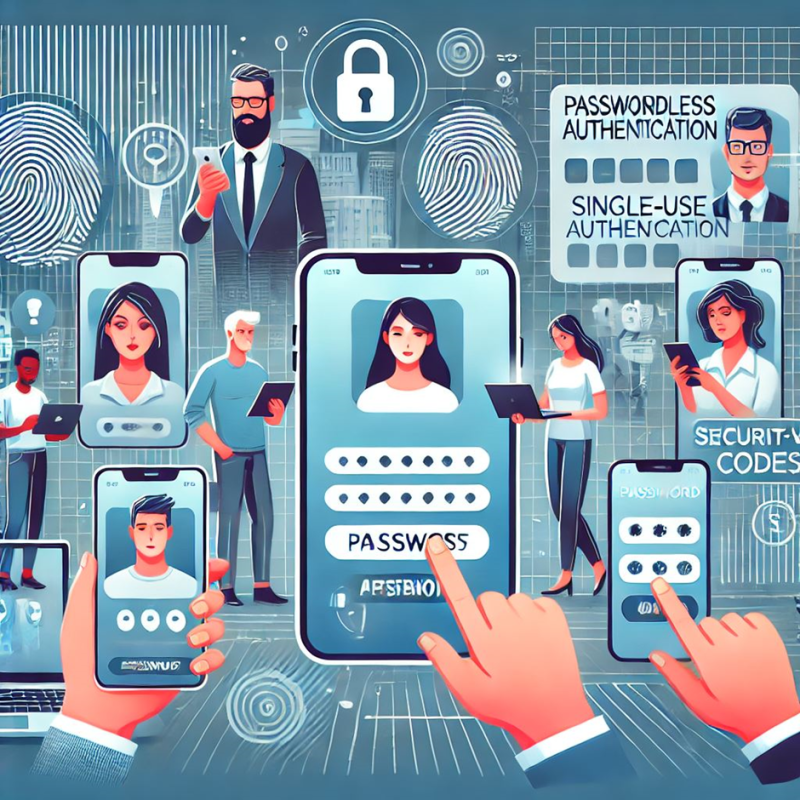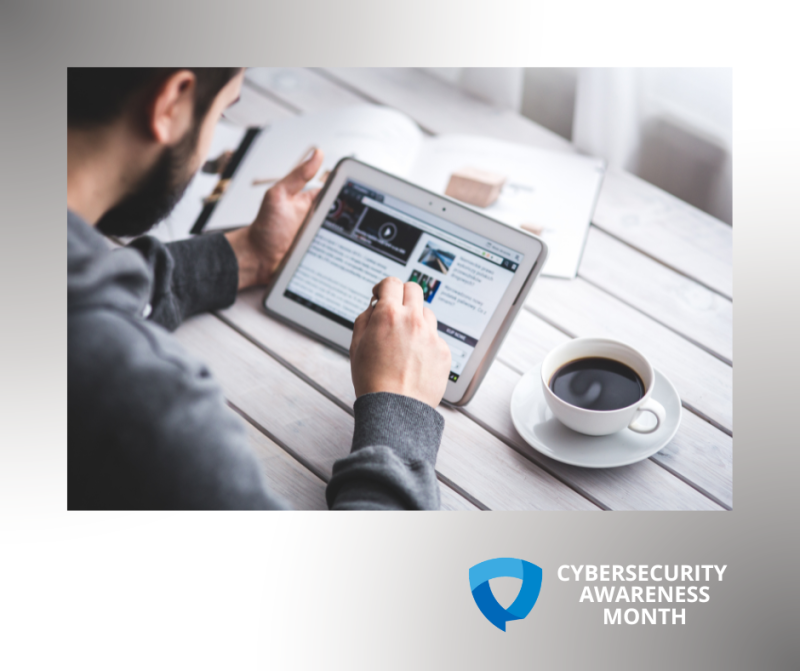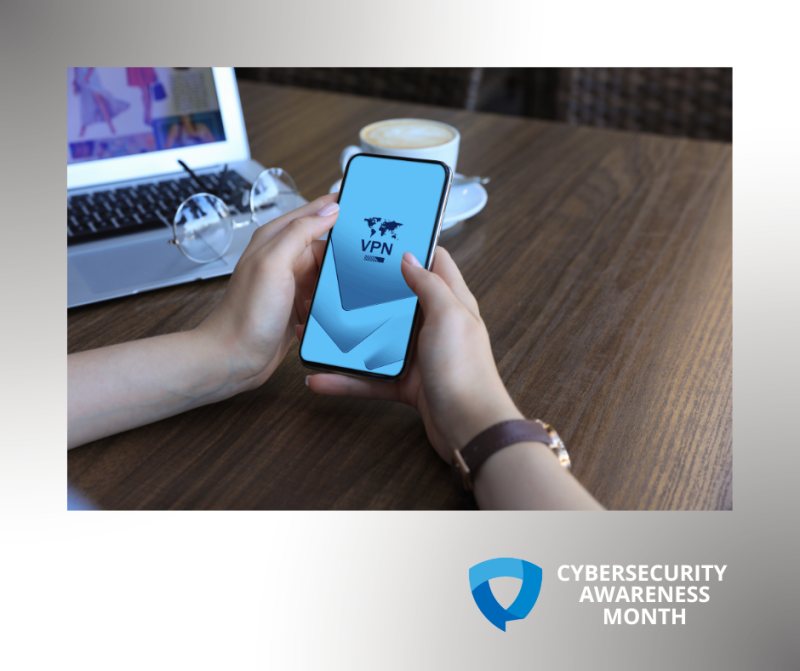Hardly any phone call system in a business beats VoIP when it comes to efficiency and flexibility. However, it’s not immune to cyberattacks. Discover how you can secure your VoIP ASAP.
What kind of communication system are you using for your business?
I asked because many modern-day businesses have now switched to the Voice Over Internet Protocol (VoIP). This technology allows employees to perform voice calls using only their internet connection.
It’s often a wise choice considering that using VoIP comes with several benefits to a business.
Among its benefits include lower operating costs, greater convenience than traditional services, increased accessibility, higher scalability, and the ability to multitask. VoIP also comes with advanced features for teams of all sizes, is completely portable, and offers superior voice quality.
However, VoIP systems also have limitations, with cyberattacks being their number one downside.
The good news is that it’s possible to protect a business’s VoIP system from hackers. And if you already implemented this in your business, it’s not too late to secure it.
Read on to discover the most common threats to your network and tips on preventing them.
THE NEED FOR VOIP PROTECTION
All VoIP systems require a stable internet connection to function properly. Unfortunately, their reliability on the internet makes them vulnerable to various security issues.
Some of the most frequent ones include:
SECURITY ISSUE #1. DENIAL OF SERVICE
Denial of Service (DoS) is a common threat to VoIP systems comprising attacks designed to shut down a machine or network and make it inaccessible for use.
When this happens, legitimate users of VoIP technology may not be able to access their information systems and devices. And call centres can be affected by lower call quality, uptime, and latency.
SECURITY ISSUE #2. WAR DIALLING
War dialling is an attack that controls the company’s private branch exchange (PBX) and scans for other phone networks. This means hackers can dial numbers and connect to modems and other extensions.
SECURITY ISSUE #3. TOLL FRAUD
Toll fraud is a threat that consists of making calls to outside lines from a company’s existing system.
For example, hackers will dial costly international numbers intending to rack up toll charges to your business.
SECURITY ISSUE #4. PHISHING
This is a common threat wherein attackers send fraudulent messages designed to trick victims into revealing sensitive information. Often, the unsuspecting victims would divulge information about passwords, internal IP networks, and similar data.
SECURITY ISSUE #5. MALWARE
It’s a threat where attackers install malicious software via email or phone. A file or code gets delivered over a network and has the goal of infecting, stealing, or exploring the information contained within a system.
After infecting the system with malware, VoIP hackers can enter your network and access critical business information.
SECURITY ISSUE #6. CALL INTERCEPTION
The call interception attacker uses unsecured networks to intercept the Session Initiation Protocol (SIP) traffic that serves to initiate, maintain, and terminate real-time voice and video sessions.
6 TIPS FOR BOOSTING VOIP SECURITY
Given the variety of threats imposed by attackers on VoIP systems, it’s necessary to optimize your VoIP security ASAP. Here are 6 valuable tips to get you started.
TIP #1. SET UP A FIREWALL
Secure firewalls are necessary for all VoIP systems. It’s important to make your VoIP software and hardware firewalls scan information that goes in and out of the system and ensure it’s secure.
If spam or a threat comes your way, the firewall will identify and gain control over it, shielding your system shielded from the attack.
Also, a good firewall will allow the data packets you send to travel unhindered.
TIP #2. USE STRONG PASSWORDs
Your VoIP system is no different from any other software or platform you use for handling sensitive information. For this reason, it needs to be protected with strong and regularly updated passwords.
Aim for combinations of at least 12 characters, including numbers, upper- and lower-case letters, and special symbols. And for ultimate protection, go for passwords consisting of a random character series.
It’s crucial to set a password as soon as you configure your VoIP system. Otherwise, you’re likely to forget about it later.
Also, remember that some VoIP phones come with pre-set passwords, often available publicly. That’s why you should change yours as soon as you get a chance.
TIP #3. RESTRICT CALLING
Many VoIP attacks happen due to toll fraud. So, if your business runs locally, there’s no need to have the international call option enabled. This allows you to be on the safe side and avoid paying expensive bills you weren’t even responsible for making.
You can let your VoIP service block 1-900 numbers to avoid toll fraud.
TIP #4. ENCOURAGE YOUR TEAM TO REPORT SUSPICIOUS BEHAVIOUR
Many of the VoIP attacks arrive due to irresponsible behaviour. To prevent this from happening, educate your team on how they can best do their job without affecting the system’s security.
For starters, they should know how to spot unusual network activity, handle passwords, and report suspicious behaviour. They should also report ghost calls and missing voicemails whenever received. Staff also shouldn’t store voicemail for too long.
The reality is that sometimes, cybersecurity training during onboarding often isn’t enough. That’s why you should do periodical training to keep your VoIP safe at all times.
TIP #5. DEACTIVATE WEB INTERFACE USE
Ideally, you should deactivate the web interface used for your VoIP system. Why?
Using phones on a desktop computer opens an area of weakness to attackers. It's enough for a single phone user falling prey to leave the whole system exposed to an external party. All your data can be stolen in text format as a result.
So, unless it’s absolutely necessary for you to use the web interface, be sure to secure it very strictly.
TIP #6. USE A VPN FOR REMOTE WORKERS
Virtual Private Networks (VPNs) are great software that encrypts traffic regardless of your employee’s location.
You can set up such a network for your remote staff to prevent data leaks and breaches.
The good news is that using this service won’t degrade the call quality.
(RE)GAINING CONTROL OVER YOUR VOIP SECURITY
VoIP systems are a fantastic alternative to landlines. After all, they offer many more features and flexibility at a fraction of the cost. However, their reliability on the internet also makes them susceptible to cyberattacks.
If you have just set up a VoIP system for your company or are thinking of starting one, securing it should be your number one priority. Don’t risk falling prey to toll fraud, malware, phishing, and other attacks. Take some time to secure your business by following the tips from this article.
If you need more help to implement these changes or would like to further discuss securing your business’s VoIP system, feel free to contact us and we would be more than happy to setup a call to see how we can help.



.png)



